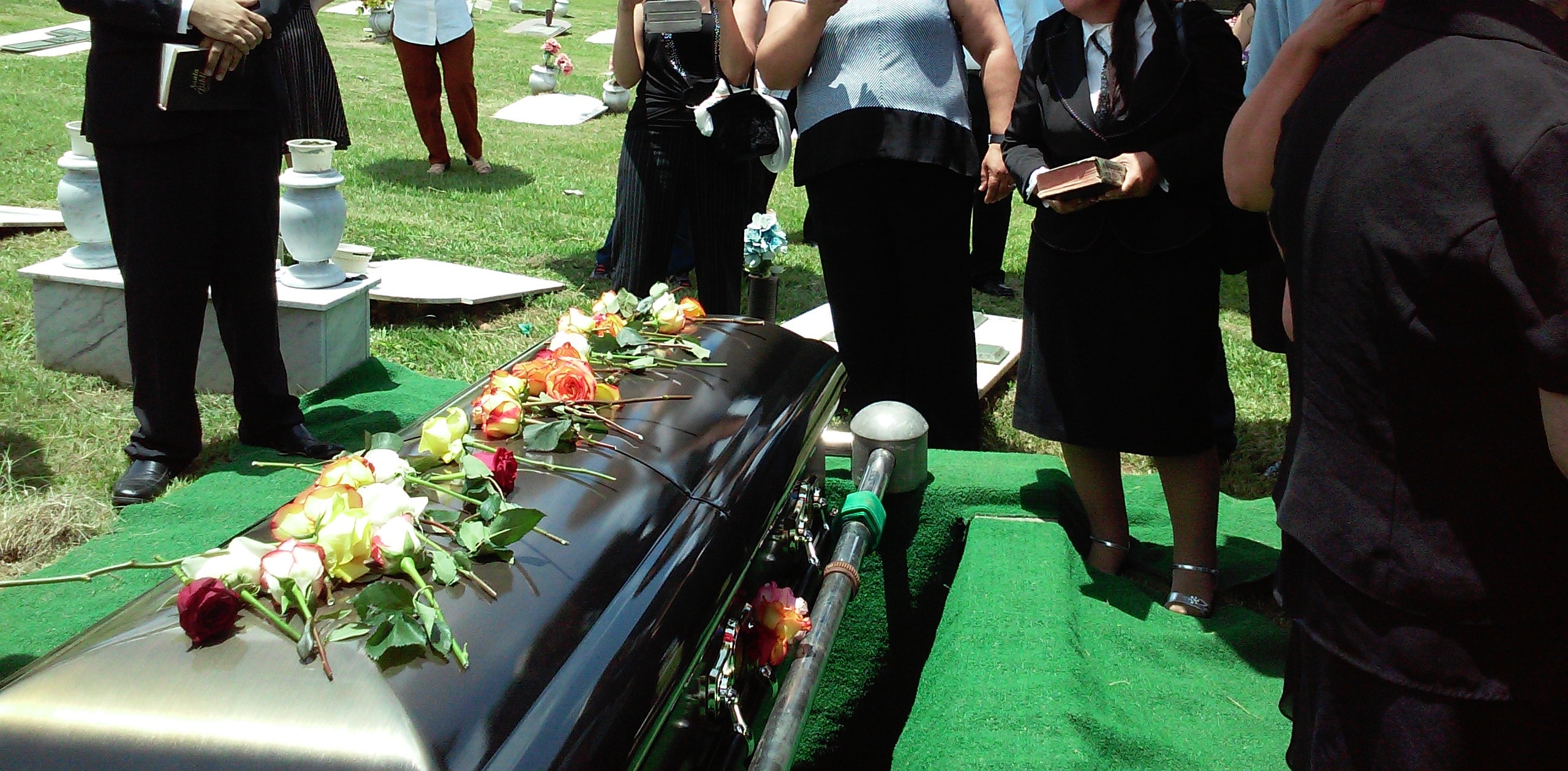It can be overwhelming to manage an estate alone amidst the grief; that is why you should get as much help as you can.
When a parent passes on, there is so much to do in the weeks or months following the death. After the funeral, there are many legal and practical steps required to settle an estate. Settling an estate is the legal process of wrapping up the affairs of a deceased; it can be complicated and time-consuming.
Being familiar with the process and getting invaluable help can make it a lot easier. These are the critical legal steps that need to be done after your loved one passes away.
Order Copies of Death Certificate
A death certificate is an important document issued by the county or state vital statistics office, the funeral director, or hospice. You will need several copies for different assets and to notify all interested parties of the death, such as banks, creditors, annuities, and life insurance companies.
State laws differ on who is allowed to obtain the copies, but in most cases, it is the duty of the named executor. If nobody is appointed, the responsibility falls on a family member. Without official copies of the death certificate, most steps that follow will be complicated and take much longer. You could also ask if some of the companies take non-certified photocopies or if they can return the originals later, this will save you a few bucks.
Find the Important Papers
As soon as possible, embark on locating all the deceased’s important papers. You can ask friends, close family, and their lawyer or doctor where to find them if you do not already know. If you have legal access to the bank safety deposit box, see if you will find the will or trust.

Other relevant documents to look for include insurance policies, title deeds, financial accounts, promissory notes or loans, licenses, certificates, agreements, and tax certification.
You need to find out everything that the deceased owned, the bills that are due and file them. Doing this will come in handy when securing properties.
Take Practical Steps
Now that you have all the information on the deceased, make a list of all the regular bills. Please take note of the automatic payments and their due dates. If you were a co-signer of the deceased’s account, you can withdraw money and make payments. If not, have a Personal Representative approved by a court. Remember to file all transactions from that account properly.
Cancel any services, subscriptions, and all delivery services that are no longer necessary plus any appointments. Take care of the deceased’s home, put away all their valuables, and lock up if nobody is home.
Check and Apply for Death Benefits
As a personal representative, there are several organizations you need to contact to obtain death or survivor benefits. Call the offices beforehand to inquire what you will require and start early because the benefits may take two to three months to start trickling in. At the top of your list should be the Social Security Administration to check for any entitlements. To access this information, you will need the deceased’s date of birth and social security number.
Reach out to all the insurance companies listed from the deceased records. Some may come in to pay account balances while others may need to change or cancel the policy and return the untouched premiums to you. Other essential contacts include veteran affairs, employee benefits, pensions, and also the Office of Financial recovery.
Meet With a Lawyer
When you feel ready, meet with an attorney from an experienced law firm in your area. For example, if you live in LA you would want to look for a Los Angeles estate law firm to help you administer the estate. During the meeting, please provide all the information you can about the taxes, debts, and finances, but don’t sweat arranging them; your lawyer should be able to help you with this. With a knowledgeable estate planning attorney, you can get personalized services, save time, and spare yourself the stress and complexities of the process.
Final Word
It can be overwhelming to manage an estate alone amidst the grief; that is why you should get as much help as you can. Ask for help from relatives and close friends, talk to an expert, and begin the process by doing basic research on what is expected of you. With this, you will be able to navigate smoothly.


Join the conversation!